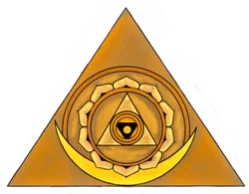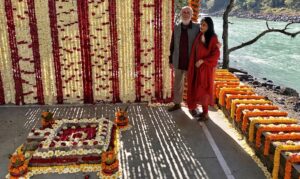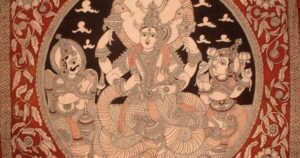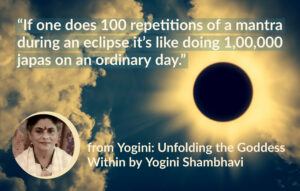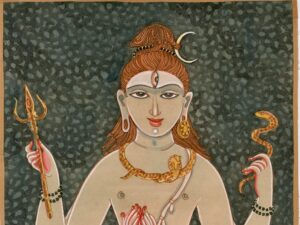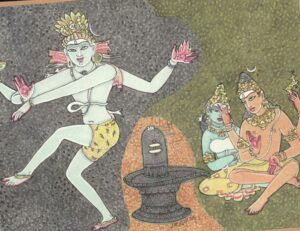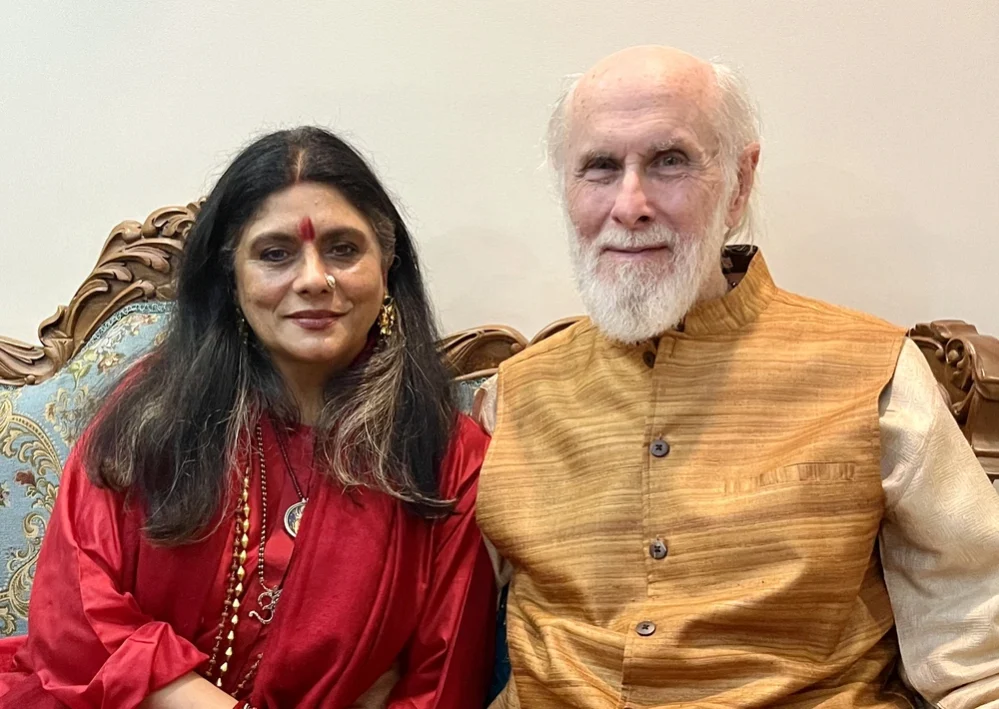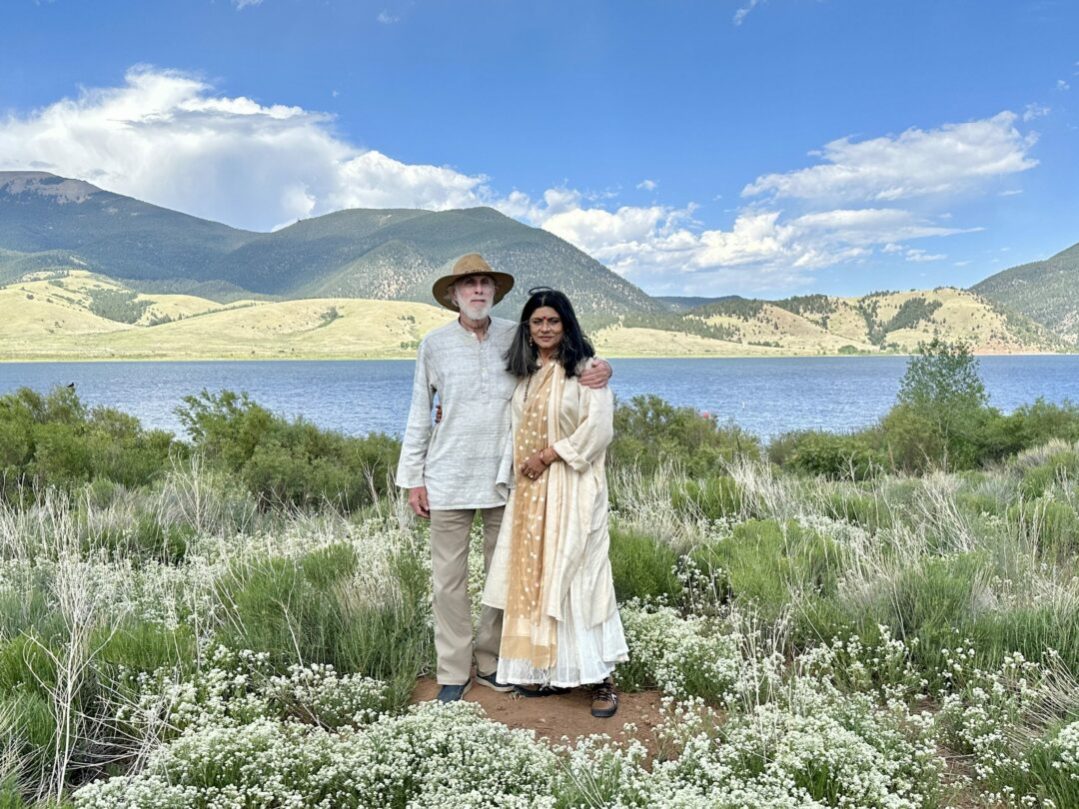Memory is the dominant function of the mind and forms the basis of our identity in life. Yet if we can detach from the mind and let go of the memory based ego we can remember our immortal consciousness, our true Self that is not bound by time or space, birth or death. In this article we will examine the Vedic view of memory and how to go beyond its limitations.
Memory as the Root of the Mind
Memory is the main function of the mind that characterizes its nature and activity. The mind is rooted in memories that we have built up over time, down to a subconscious level. These memories sustain habitual behavioral patterns that are hard for us to question and which program us automatically for good or ill. They form our conditioning in life that colors all that we see and do.
Most notable is our memory of who we are as a person and the residues of our experience in life. Memory is the basis of the ego and self-identity behind all the other activities of the mind. These memories begin in childhood, formed vaguely, and gradually take shape over the years of our adulthood, getting modified over time but holding a core sense of who we are in life.
All our mental functions are connected to memory, which is central to the learning process and how we function in life. Memory is like the substance of the mind, just as various tissues form the substance of the body. We can remember any of our mental activities, from sensory impressions, emotions, thoughts, imaginations, the reasoning process, or even our distracted and disturbed states of mind. All mental functions have a foundation in memory and leave a memory based residue for the future.
Yet memories are limited in their formation and how we interpret them changes over time. We can forget certain memories altogether or confuse our subjective memories with actual objective events. The mind has a vested interested in certain outcomes that affect what we want to remember which can change over time.
There is much in life that we forget, as our daily experience is so extensive that only a few points are ever worthy of note. There is much that we would like to remember better as the acuity of memory decreases over time and the aging process
There are practical memories like language or mathematical skills as opposed to emotional memories of joy and sorry, flattery or insult, friendship or enmity. These psychological and emotional memories are more problematical, hold more inertia, and are more likely to impair our judgment.
Formative childhood memories, particularly relative to joy or sorrow, however possibly inaccurate, have a great power to shape our psychology. It is not the objectivity of a memory that affects so much as it is our mental or emotional reaction relative to the remembered event.
How to Master Your Memories
Most of us have memories that trouble us, most notably relative to our difficulties, sorrows and losses. Psychologists work to dig up old memories, particularly traumas, and make us re-experience them, hoping this will improve our psychological functioning.
Yet re-experiencing negative memories seldom helps us remove them or counter the unrest they cause within us. It is like digging up an old sore, which only causes it to flare up again. Forgetting traumatic memories is not easy, particularly when we have held on to them for a long time, which means we may have a vested interest in perpetuating them. Psychodrama is addictive to the mind, as we see in our movie dramas. Note Post Traumatic Stress (PST) disorders of various types which are rooted in fearful memories that have become stuck in our subconscious.
Please consider this fact of the mind carefully, you only retain a memory to the extent that you give energy to it. I am not talking here about factual memories here but about emotional memories, particularly those of a negative nature like fear, anger, resentment, jealousy, and so on. There are so many things you have forgotten, including important, happy or meaningful events. We must question why our memory is partial and often tends to hold on to the negative.
You are always free to forget the past. After all, the past is gone, and our memory of it is at best partial, only a shadow of actual occurrences. Just let go of past events, which means you must consider that they are no longer relevant and need no longer influence you. After all you don’t hold on to or try to wear the clothes of your childhood. Why treat your mind any different? It must also grow with time, which means giving up the past.
At any given moment in time many things are happening only a few of which we consciously note, and only a few of these become enduring memories. The older we get the more memories we have but also more recent memories can color or remove memories from the distant past, which fade over time.
Memory from the past can easily block our direct perception in the present. When we see something, our memories about it automatically arise, even when no longer relevant. Our sense of familiarity can prevent us seeing what is actually going in, as life and people are always changing.
You are inherently free of memory in that memory is the past. You can learn from memory but can also learn more by giving up memories. Purifying the mind (chitta-shuddhi in Yoga) means letting go of harmful memories that support negative behavioral patterns. Your mind should be like space, open, free, receptive and aware in the present. It shouldn’t be full of clutter and baggage, like a room in which there is no space to move around. Remember not only to clean your body but also to clear your mind regularly. Get rid of old useless clothes but also old useless memories. Do not dwell on negativity or sorrow from the past, as the mind becomes what we give our attention.
Beyond the Mind, Memory and Karma
Memories are rooted in deeper karmic patterns (samskaras) that we may not be aware of. To remove negative memories is to remove negative karmas. But this requires removing the roots of memories and karmas in our fears, desires and attachments. It requires a change of the motivation behind our memories and a linking to our timeless inner Self-awareness
The best way to remove negative memories is to cultivate higher memories, remembering our true eternal nature or Self-remembrance. To cultivate this higher or yogic memory, it is best to remember our deepest aspirations in life, our search for the eternal and the infinite.
Learn to remember your true Self beyond the mind. You will then remember the essence of all existence as being part of you. You will be able to forget all sorrow and dwell in the supreme Ananda.
Acharya David Frawley
